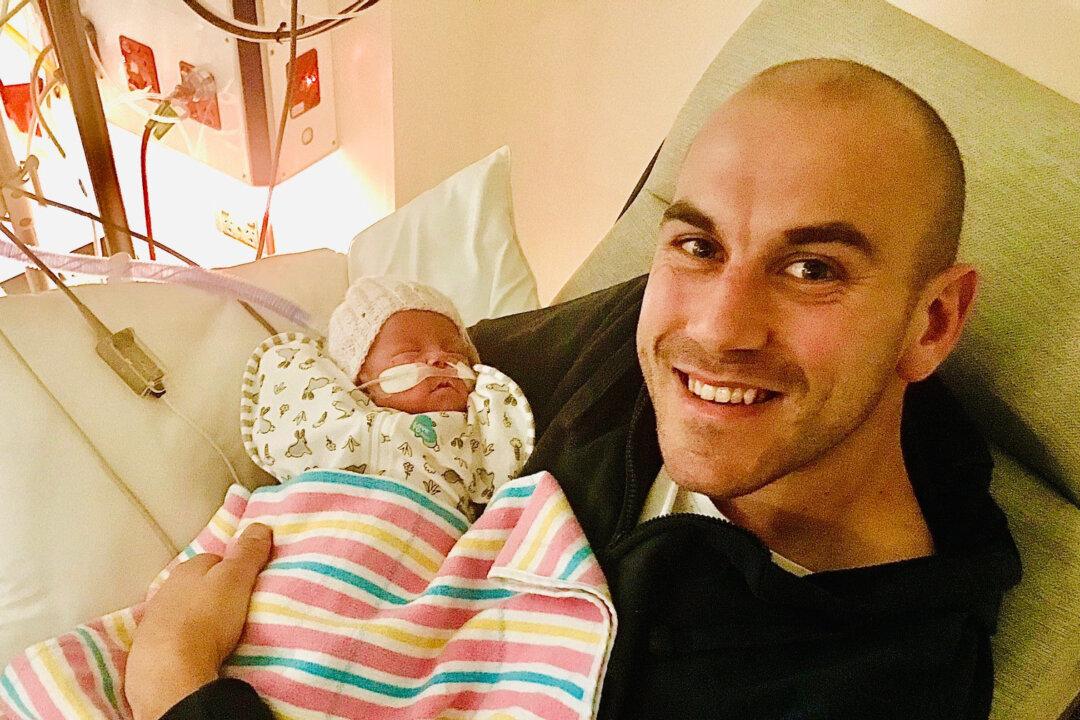While the benefits of ‘kangaroo care,’ or skin-to-skin contact between a mother and her newborn, are globally recognised, researchers from the University of South Australia (UniSA) have shown that there is also immense power of skin-to-skin contact between premature newborns and their fathers.
They examined the experiences of a group of fathers holding their premature and critically ill term babies against their bare chest in a pouch-like position.






